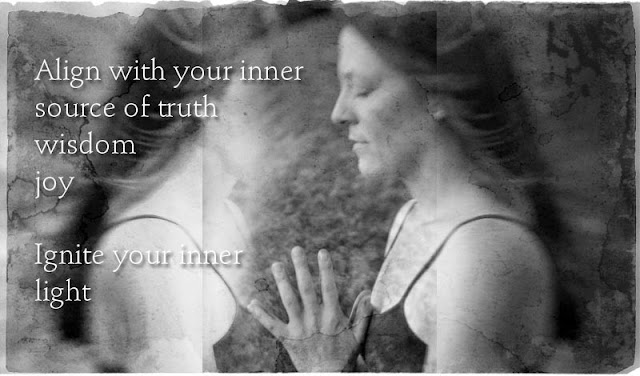Over the next couple of months my blogging will be focused on the topic of “Teaching Yoga” and is especially geared towards Yoga Teachers. However, any person interested in self-growth and/or a regular student of yoga should not hesitate to read further. Looking through the lens of a teacher (of any subject) can be illuminating and enlightening. Enjoy!
All summaries and/or excerpts to follow are from one of my forthcoming books: Teaching Yoga—A Definitive Guide.
When I first began teaching I was exuberant about it. I had no trepidation about sharing my experience and everything I knew about Yoga with others. I can equate this original feeling to standing at the foot of
And then, I took my first step and experienced the great feat that stood before my very eyes. I felt myself gasp for breath as I climbed higher, struggle for sure footing over rocky terrain, and feign having energy as I slept less and less due to altitude sickness. I lost touch with any belief in myself I once thought I had that “I could do this”. But in doing so, I paved a way back to something essential and potent that rested latent within.
The yogic journey, or any self-evolving practice, returns us to our essential self, that which is happy, peaceful, illuminated, radiant, and true. Because I teach yoga, and often teach specifically to yoga teachers, I have mapped out my journey thus far in detail and I take great joy in sharing this map with you.
In the beginning. . .
In Buddhist traditions there is a reference to having a “beginner’s mind”. When we choose to become a yoga teacher this is guaranteed. You’re traversing new terrain. No matter how well you have studied the map your first steps are sure to surprise you. You may even get knocked off any high horse you may be riding. My original yoga teacher training was at
Why do you teach?
The first question I would like to propose to anyone already teaching yoga or to those who desire the occupation of teaching yoga is, “Why?” And then, I would ask, “Why?” again. Sometimes we are called to do something because of our ego attachments. We may identify with the role of being a teacher, a healer, a person with knowledge (specifically spiritual knowledge), or we may feel safe or comfortable with being in a position of power. This list could go on and on. If you give yourself permission to ask “why?” and openly allow for any answer to come you will have a useful piece of information to propel you forward on your self-growth journey. No answer is wrong or bad. It is simply information to gather about yourself or the persona you identify with. In yoga this is called Svadhaya or self-study.
Let your answer be a foundational seed that you will tenderly nourish throughout your lifetime. Watch how it grows and changes. Notice how your practice carves out more space for the light to shine down within. Realize how illumination only increases truth and your connection to the truth. In your teaching let yourself receive the great gift of being taught. See what happens when you approach your role as teacher with this attitude.
As you embrace the big picture of why you want to or already are teaching, relax. Begin to build your skill set, find your niche, be grateful for the opportunity to teach and practice, eagerly receive the teachings, and most importantly have fun.
So....Why do you teach? I look forward to reading your comments!
To assist you in building your skill set the next several blogs will outline the key aspects of teaching yoga successfully.

